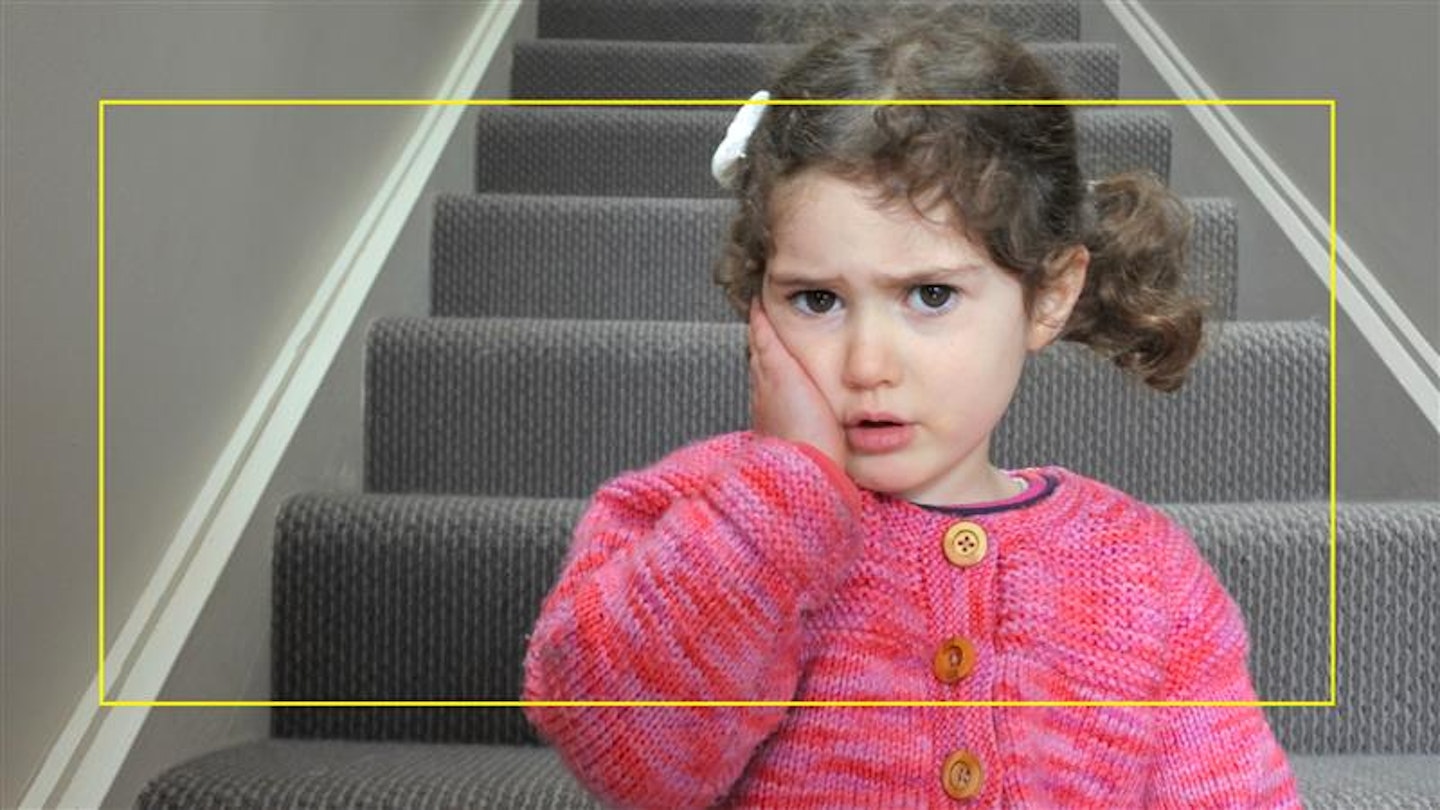A school in Loughborough has asked teachers to stop using words like ‘good’ and ‘bad’ when describing pupils’ behaviour, to prevent them from feeling bad about themselves.
Staff at the Loughborough Amherst School, an independent school for children aged 4 to 18, should instead use words like ‘unskilful’ or ‘skilful’ to ‘take the emotional heat’ out of playground spats or misbehaviour in class.
‘While I don’t want teachers to be soft, I also don’t want them to be shouty and make pupils feel guilty,’ says headmaster Julian Murphy, who was inspired by the Buddhist faith, which believes a skilful action is one that produces happiness whereas an unskilful one produces suffering.
His comments follow on from a previous survey by nursery review website daynurseries.co.uk that found the majority of childcare providers no longer use the ‘naughty step’, and that 95% of nursery workers reported they we no longer allowed to call a child naughty anymore.
Murphy’s decision, which he claims is ‘not inspired by political correctness’, inevitably led to eye rolls online. But as I read on, and cast my mind back to my own school days, I found myself agreeing with him.
The old adage about sticks and stones breaking bones but words never hurting was a stock response to verbal bullying and name calling when I was at school in the 1980s and 1990s, but it was completely untrue. Words do hurt. And the most hurtful ones are rarely forgotten.
When I was at school, friends who struggled academically or who went on to be diagnosed with dyslexia were often thought of – and called – slow readers or lazy. Classmates who I now look back on as probably having undiagnosed ADHD were told they were naughty or chastised for not being able to sit still. My friend’s brother who was diagnosed with ASD (autistic spectrum disorder) in adulthood was regularly called weird, while the teachers quietly looked on.
My own children now come home and tell me about those very same children, but they use terms like, ‘X struggles to understand the rules,’ or ‘Y has anxiety, so she sometimes feels overwhelmed at parties.’ They’re far more likely than my generation ever was to try and kindly explain the reason behind a certain behaviour rather than simply labelling it.
‘Labelling is never helpful for children,’ says clinical psychologist Dr Genevieve von Lob. ‘Whether we label our children as “good”, “bad”, “clever”, “clumsy”, “sporty”, “lazy”, “gifted” or “too sensitive,” it can limit them as to what they believe they can and can’t do and puts them into boxes. Labelling can affect a child’s underlying self-worth and core beliefs about themselves, and over time it can be harder for them to shake them off.
‘When we label our child as “bad” it can be difficult for us to show empathy for them. It is far more helpful to think about what is underlying our child’s behaviours. So rather than being “bad” you may have a child who is tired, hungry, upset, overstimulated or overwhelmed. Children are far more prone to being taken over by their big feelings as their brains are still developing. What looks like “naughty” behaviour is often a sign of a child who is not yet skilled in being able to manage their emotions like anger, sadness, and frustration. When we can look beneath the behaviour, and ask ourselves what has triggered it, what drove them to behave in that way and what skills does my child still need to learn, we can respond to them from a place of compassion and empathy.’
Dr von Lob points to research that suggests children can internalise fixed views about themselves – even seemingly positive ones – which can leave them more vulnerable when things don’t turn out the way they had hoped. If we tell a child they are “good,” our intentions may be coming from a loving place as we believe we are encouraging them. However, this can put a lot of pressure on children as they may feel they are never allowed to mess up, express rage or make mistakes, otherwise they will lose our approval and love. Conversely when we tell a child they are “bad” it can have a huge impact on their self-esteem and they may lose the motivation to try to be any better. These labels then become a self-fulfilling prophecy as children believe that being “naughty” is simply what is expected of them.’
Dr Genevieve von Lob is the author of Happy Parent, Happy Child: A 10-step plan for a stress free family life (Penguin)
What do you think? Is it harmful to describe a child’s behaviour as ‘bad’? Tell us in the comments below
